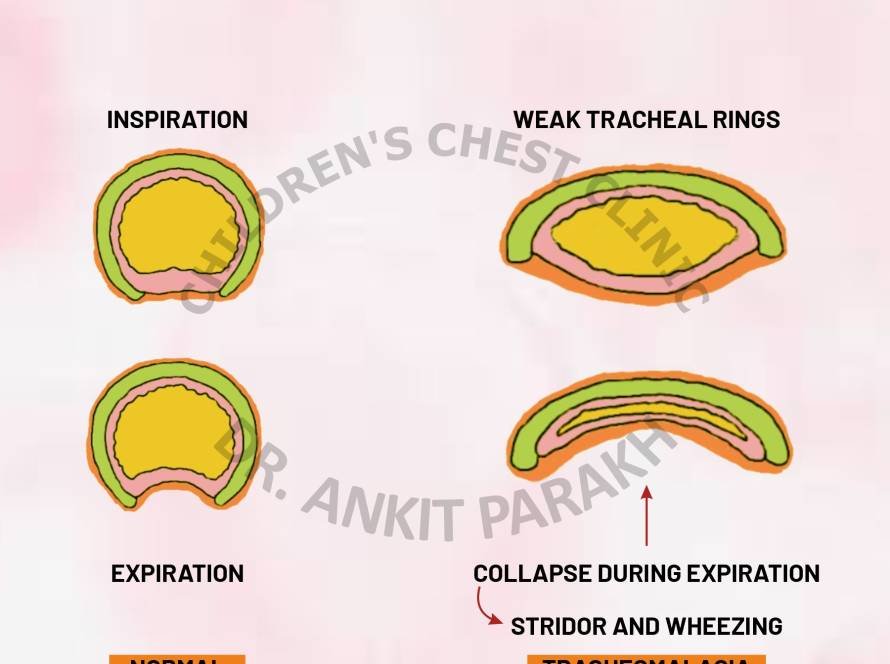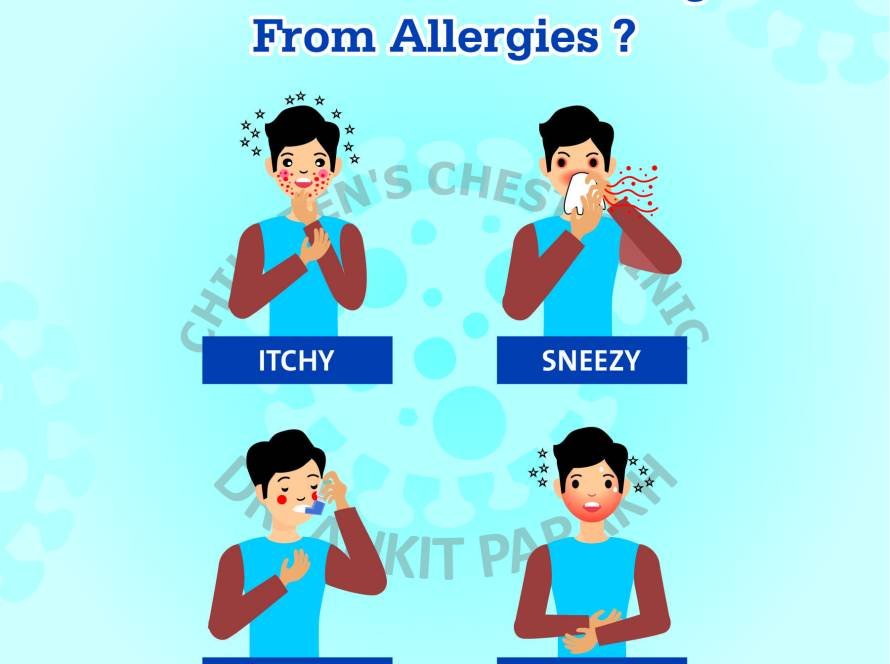Allergic rhinitis or nasal allergy is one of the most common allergic conditions seen worldwide. It is estimated that approximately 30% of people around the globe suffer from allergic rhinitis or nasal allergy. Children also commonly suffer from allergic rhinitis or nasal allergy. Children with allergic rhinitis or nasal allergy have a lot of sneezing, stuffy nose, blocked nose, cough due to post nasal drip and nasal itching. The symptoms of allergic rhinitis or nasal allergy could be seasonal but might happen throughout the year. Together, these symptoms lead towards poor quality of life like disturbance in sleep, problems concentrating, mood changes etc.
Many children will have allergic rhinitis or nasal allergy and also suffer from other allergic problems such as is allergy or allergic conjunctivitis, chest allergy or as man and associated food allergies. In this article we discuss treatment of allergic rhinitis or nasal allergy, especially in children.

What are the common medicines used in the treatment of allergic rhinitis or nasal allergy in children?
Common medicines used for treatment of allergic rhinitis or nasal allergy in children are intranasal corticosteroids spray, antihistamines and montelukast. Intranasal corticosteroid spray are the most effective medicines used for treatment of allergic rhinitis or nasal allergy. Intranasal corticosteroid spray reduces sneezing, itching, blocked nose and runny nose. Intranasal corticosteroids are recommended as the treatment of choice for allergic rhinitis or nasal allergy by all international guidelines throughout the world. As the intranasal corticosteroid spray delivers a very tiny amount of medicine into the nose their side effects are negligible even when used in the long term.
Antihistamine medicines currently used for treatment of allergic rhinitis or nasal allergy in children are second generation antihistamine medicines. The most commonly used antihistamine medicines today are cetirizine, levocetrizine, fexofenadine and bilastine. Antihistamine medicines can be used in the long term and they do not carry any side effects. Antihistamine medicine can also be used in the form of an intranasal spray. The most commonly available antihistamine used as intranasal spray is azelastine. Montelukast tablets are also used in the treatment of allergic rhinitis or nasal allergy in children, but it’s considered to be less effective. Many children who have a severe allergy require a combination of medicines consisting of intranasal sprays, antihistamines and montelukast.
What is the usual duration of medicines used for treatment of allergic rhinitis or nasal allergy in children?
The duration of treatment for allergic rhinitis or nasal allergy depends upon whether the allergic rhinitis or nasal allergy is seasonal or it happens throughout the year. In children who have seasonal allergic rhinitis or nasal allergy, which happens only for a few months, the treatment can be continued only during that season. The treatment of seasonal allergic rhinitis or nasal allergy is usually started before the start of the season of allergy and continues for approximately 1-2 weeks after the season ends. In children who have allergic rhinitis or nasal allergy throughout the year, children may need regular medicine. There is no defined upper limit for which the treatment can be contributed. Many children and adults need to take treatment of allergic rhinitis or nasal allergy for many years.
What is the role of allergen immunotherapy in treatment of allergic rhinitis or nasal allergy in children?
Some children and adults have allergic rhinitis or nasal allergy, which is difficult to control. Despite taking nasal sprays, oral anti-allergic medicines and montelukast, they have troublesome symptoms and lead to a poor quality of life. In such situations, if we are able to find an allergen, specially a dust mite or pollen, these children can be considered for immunotherapy. Immunotherapy is the only disease modifying treatment for allergic rhinitis or nasal allergy in children. It usually needs to be given for the period of 3 years. A lot of research and clinical experience has shown that allergen immunotherapy reduces symptoms, reduces need for medicines and leads to a prolonged benefit even after the immunotherapy has been stopped.
In case your child is having the nasal allergy or allergic rhinitis you need to get in touch with a child pulmonologist or allergist for a proper evaluation and advice on treatment.






